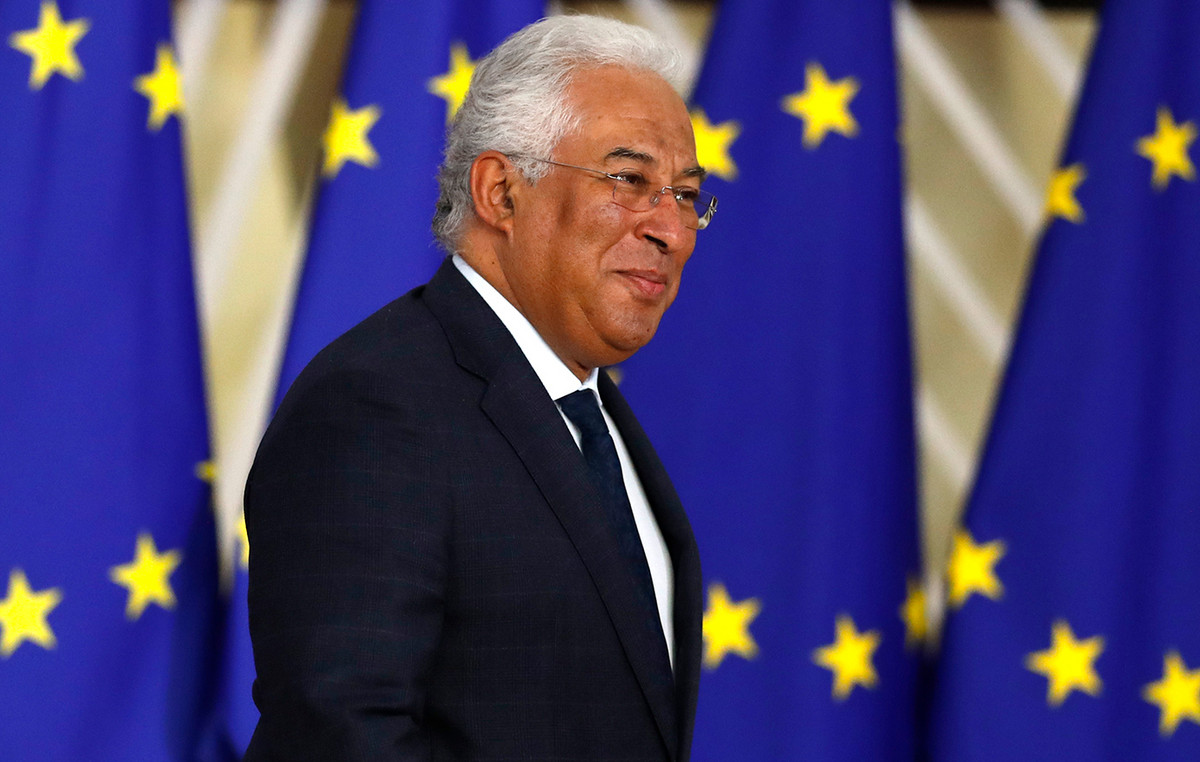- The AUD/JPY could weaken as risk aversion increases in the midst of growing concerns about the imminent automotive tariffs of the United States.
- Global commercial tensions intensify after the US president Donald Trump announces a 25% tariff on car imports.
- Japanese prime minister, Shigeru ishiba, declared that Japan is considering retaliation measures in response to the automotive tariffs of the Trump administration.
The AUD/JPY maintains its position after registering profits in the previous session, quoting around 94.90 during the first European hours on Thursday. However, the currency pair faced resistance as the Australian dollar (AUD) weakened in front of its peers due to the growing risk aversion driven by concerns about the imminent automotive tariffs of the United States.
In the last minute on Wednesday, the president of the USA, Donald Trump, signed an order by imposing a 25% tariff on car imports, even more climbing global commercial tensions. The tariffs will enter into force on April 2, with the collection starting the next day.
Despite this, the AU found some support after President Trump hinted plans to impose tariffs on copper imports in a few weeks, an earlier movement than expected, since the Department of Commerce had until November 2025 to decide on the matter. Since Australia is a key copper exporter, this development raised the prices of raw materials, providing temporary relief for the AUD.
Greater support for the AU could come from the expectations that the Bank of the Australian Reserve (RBA) will keep the stable interest rates next week. In February, the RBA implemented its first rate of 25 basic points in four years. The attached (economic) governor of the RBA, Sarah Hunter, reiterated the cautious position of the Central Bank on future feat cuts, pointing out a more conservative approach in her last policy statement.
However, the bullish potential for the Aud/JPY crossing could be limited as Japanese (JPY) recovers in the middle of its appeal as a safe refuge. Meanwhile, the US dollar (USD) has lost some strength after the confirmation of President Trump that 25% automotive tariffs will be permanent during their second mandate.
Adding to the strength of the JPY, the governor of the Bank of Japan (Boj), Kazuo Ueda, told Parliament that the Central Bank will continue to increase interest rates if economic projections remain on their way. Ueda said that economic growth has exceeded expectations, supported by the increase in income and a higher consumer expense.
Meanwhile, Japanese Prime Minister Shigeru Ihiba declared in Parliament on Thursday that Japan would not rule out reprisal measures against automotive tariffs of the Trump administration. Ishiba emphasized the need to protect national interests, arguing that, as the largest investor in the US, Japan should not be treated in the same way as other nations. Despite Tokyo’s diplomatic efforts, which included an increase in energy investments and purchases, Japan failed to ensure an exemption from tariffs.
FAQS tariffs
Although tariffs and taxes generate government income to finance public goods and services, they have several distinctions. Tariffs are paid in advance in the entrance port, while taxes are paid at the time of purchase. Taxes are imposed on individual taxpayers and companies, while tariffs are paid by importers.
There are two schools of thought among economists regarding the use of tariffs. While some argue that tariffs are necessary to protect national industries and address commercial imbalances, others see them as a harmful tool that could potentially increase long -term prices and bring to a harmful commercial war by promoting reciprocal tariffs.
During the election campaign for the presidential elections of November 2024, Donald Trump made it clear that he intends to use tariffs to support the US economy. In 2024, Mexico, China and Canada represented 42% of the total US imports in this period, Mexico stood out as the main exporter with 466.6 billion dollars, according to the US Census Office, therefore, Trump wants to focus on these three nations by imposing tariffs. It also plans to use the income generated through tariffs to reduce personal income taxes.
Source: Fx Street
I am Joshua Winder, a senior-level journalist and editor at World Stock Market. I specialize in covering news related to the stock market and economic trends. With more than 8 years of experience in this field, I have become an expert in financial reporting.







